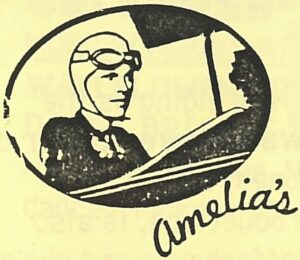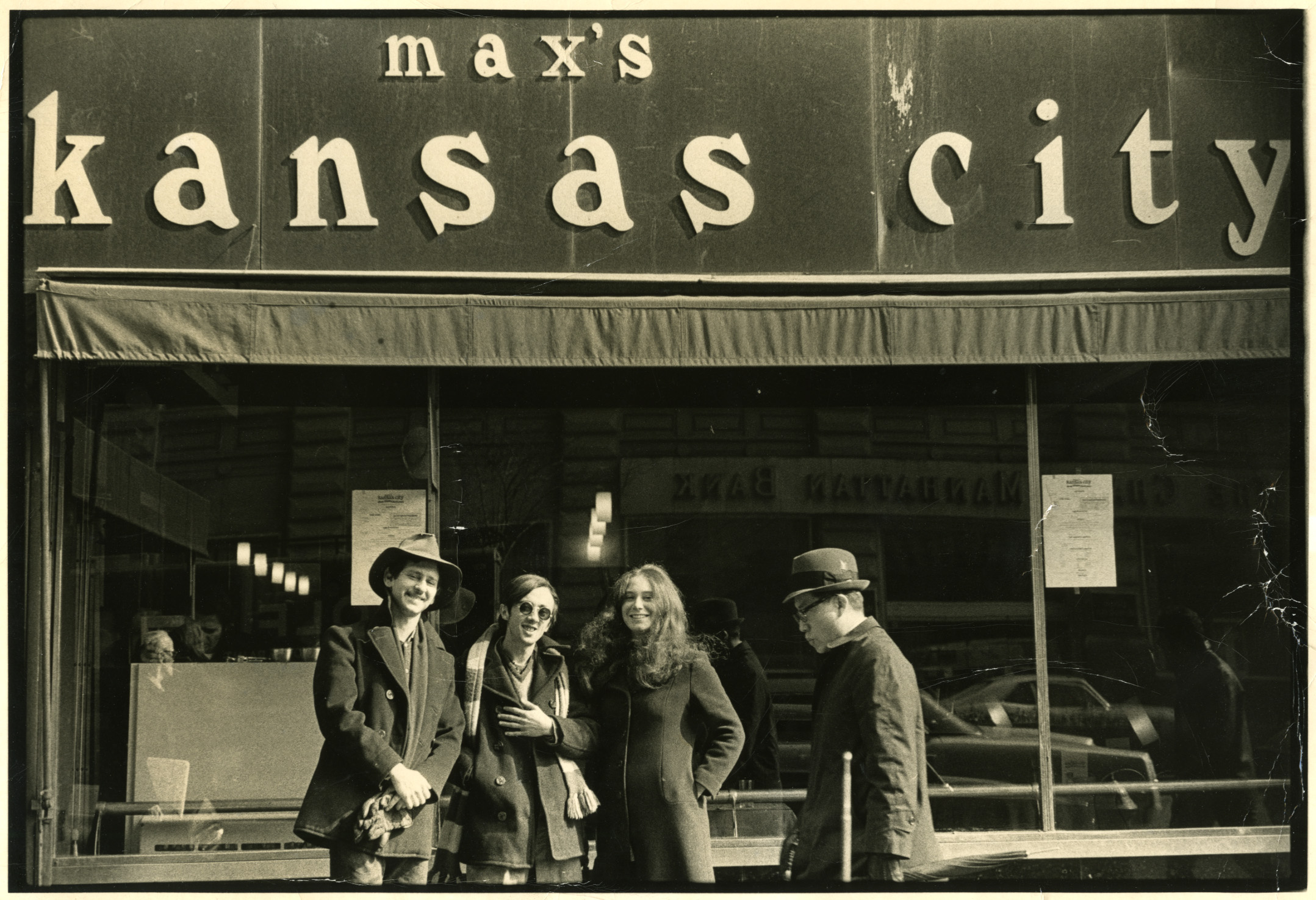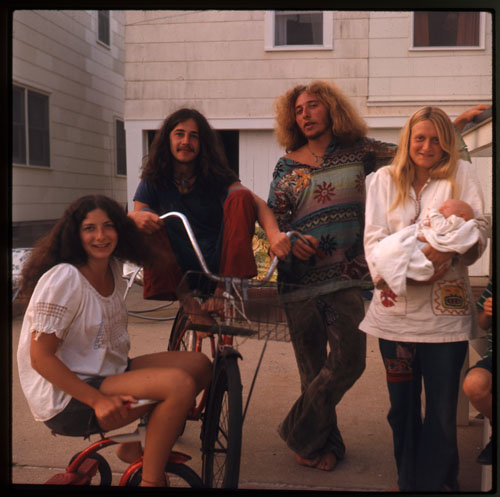Amelia Earhart’s Underground Flying Society Records
Amelia Earhart’s Underground Flying Society, (a.k.a. the Amelia’s) was a lesbian social club based out of Lebanon, N.H., serving the Upper Valley area of Vermont and New Hampshire, and beyond. Reachable via an unnamed post-office box, the club began in 1979 and provided members not only with much sought after social, leisure, and entertainment opportunities, but also a unique community of peers for discussion and activities around political, educational, health, and legal issues of importance to women and lesbians. Like their famous namesake, the Amelia’s did not shy away from risks in supporting women, the feminist movement, or actions promoting and educating about lesbians. The group often overlapped with feminist and lesbian print shop and publishing company, New Victoria Press, and the Amelia’s often used the New Vic building for their meetings.
The Amelia Earhart’s Underground Flying Society Records consist of over 25 issues of the “Amelia’s Newsletter” from 1986-2000; two clippings covering news related to the group, including the repeated vandalization of their “Upper Valley Lesbians” Adopt-A-Highway Program sign; a 1994 audiocassette of interviews for an oral history of the Amelia’s; and a VHS tape of a community event held in 2003 to reflect on the women’s movement in the Upper Valley in the 1970s and 1980s. The newsletter offers detailed documentation of the group and their concerns, including calendars of their social gatherings and other local, regional, and national events of interest, and recaps of relevant news to the lesbian community including updates about politics, legal issues, civil rights and benefits, marriage, discrimination cases, women’s health, education and school issues, and lesbian focused social and entertainment events.




